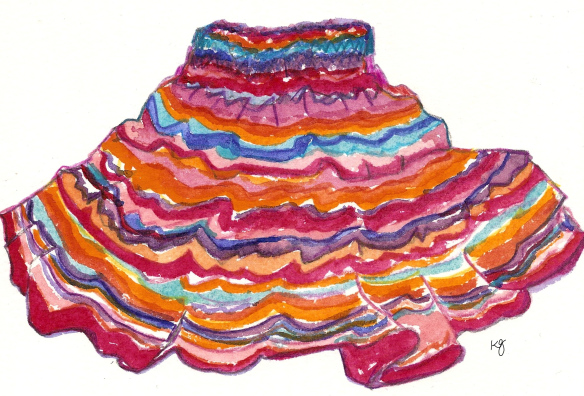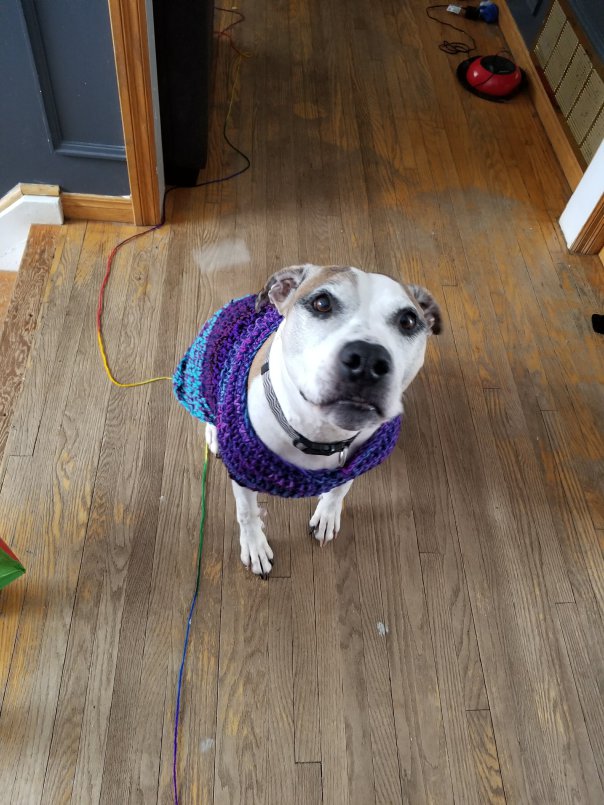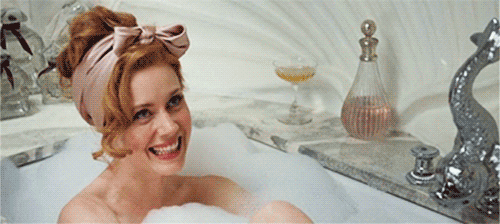I spoke with a doctor recently. No, it wasn’t concerning my health. He sat down to talk with me about my chosen profession as a health care aide on the geriatric unit of a hospital. He told me a story about a woman who worked in his office as a medical receptionist. She was a bright, intelligent lady and he thought her giftedness was wasted in her current position.
“What are you doing walking people back to the examination rooms?” he said to her. “You should become a nurse and save people’s lives.”
He gave me essentially the same speech. While I appreciated his affirmation and encouragement to reach my potential, I also felt frustrated. Here are my reasons:
We value celebrities, rock stars, sports heroes, surgeons, scientists, people who are at the top of their fields, people whose accomplishments are flashy, unique, or life-changing. We like what they do and pay handsomely for it. There are thousands of others who do important things for more modest sums with no accolades, such as sanitation workers, sewer inspectors, porta-potty cleaners, janitors, housekeepers, fast food employees, restaurant staff, cashiers, gas station attendants, and childcare workers, to name just a few. There was talk in Calgary a couple of years back about the high cost of living and how people in such low paying positions may not be able to afford to stay. Imagine a city the size of Calgary losing all of its janitors! We live in a complex society, highly diversified, requiring people of all ages, levels of education, and skills. Why do we rank such tasks, as if one is more important than another? What if we tried instead to appreciate people’s contributions whatever they may be?
In this culture, reaching your potential is often about striving for more. There is pressure to be more than you are, do more than you think you can, and have more, even have it all. There are mountains to be scaled, marathons to be run, books to be written, cures to  be found, and, yes, lives to be saved. Many of us our driven by this thirst for more to reach and surpass the extent of our limits, but I wonder what we sacrifice in this constant striving of ours. Why is contentment still so underrated when we view the wreckage of stress-induced illness, addictions, and divorce? There are people who are to be marveled at for the amazing things they accomplish and, if what they’ve done is truly remarkable, they will go down in history. Then there are the rest of us, all drops of crystal in a sea of souls, who are just trying to scrape together the best living we can.
be found, and, yes, lives to be saved. Many of us our driven by this thirst for more to reach and surpass the extent of our limits, but I wonder what we sacrifice in this constant striving of ours. Why is contentment still so underrated when we view the wreckage of stress-induced illness, addictions, and divorce? There are people who are to be marveled at for the amazing things they accomplish and, if what they’ve done is truly remarkable, they will go down in history. Then there are the rest of us, all drops of crystal in a sea of souls, who are just trying to scrape together the best living we can.
I’m glad there are those among us who are visionaries called to extraordinary purposes  who give their lives to change the world. I’m glad there are also those among us who go to school and work hard to learn specialized skills they use to improve all our lives. This world would be a much different place if we all sat on our couches watching the tube and eating chips, but most of us our not destined for the history books or even for higher education and that’s okay. Some of us are destined for more common uses like waiting tables, cleaning toilets, and wiping bums.
who give their lives to change the world. I’m glad there are also those among us who go to school and work hard to learn specialized skills they use to improve all our lives. This world would be a much different place if we all sat on our couches watching the tube and eating chips, but most of us our not destined for the history books or even for higher education and that’s okay. Some of us are destined for more common uses like waiting tables, cleaning toilets, and wiping bums.
I thanked the doctor for sharing his insights with me. I don’t think he meant to demean my position, but it’s a necessary one. Someone somewhere decided that nurses needed help. With health care aides on the floor assisting patients with their activities of daily living, nurses can focus on their patient’s medical concerns. I provide an important service in an overtaxed system. What if reaching my potential is not about becoming a nurse, but about becoming the best human being I can be wherever I find myself. I told the doctor that if I wanted to be a nurse, I could, but I’m content to be a health care aide. Someone needs to do the job and do it well, with compassion, kindness, and patience. It might as well be me.
Author’s note: This was written a couple of years ago. I’m now working in a home-like setting taking care of the developmentally disabled. Thanks for reading and have a happy day!





